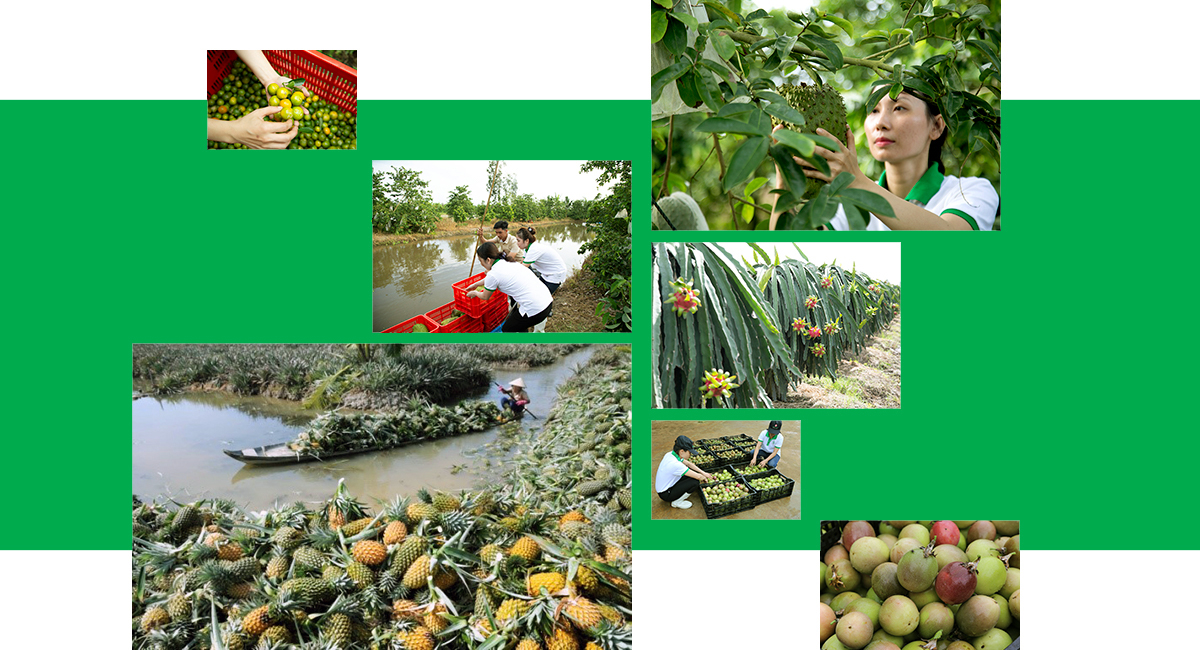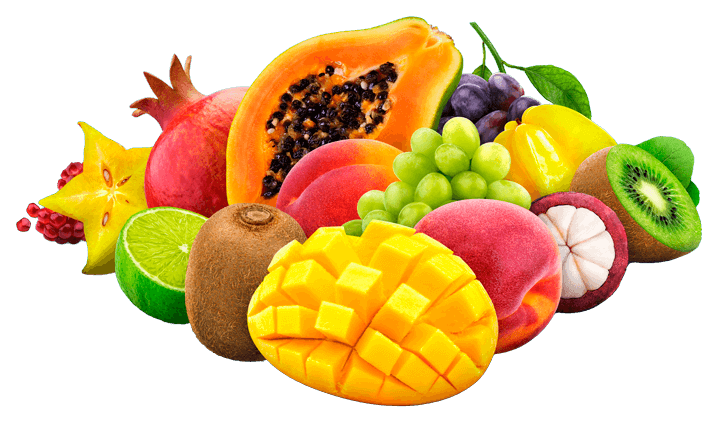Công ty cổ phần Tập đoàn Tiến Thịnh có nhà máy được đặt tại ấp Mỹ Phú, xã Tân Phước Hưng, huyện Phụng Hiệp, tỉnh Hậu Giang với diện tích 20.000 m2. Nhà máy được xây dựng với 3 khu vực chế biến chính: khu sản xuất nước ép, khu đông lạnh,và khu sấy dẻo.
Nhằm mang đến những sản phẩm có chất lượng cao nhất đến khách hàng, công ty đã lựa chọn và lắp đặt hệ thống máy móc hiện đại, hoàn toàn tự động đến từ Châu Âu với công suất lên đến 10.000 tấn/năm




Trở thành một trong những công ty dẫn đầu về xuất khẩu trái cây Việt Nam
Uy tín, Chất lượng, Hợp tác, Ý thức, Hiệu quả, Hướng đi mới.
Là cầu nối giữ nông dân Việt Nam và thị trường thế giới

Công ty đã lựa chọn và lắp đặt hệ thống máy móc hiện đại, hoàn toàn tự động đến từ Châu Âu với công suất lên đến 10.000 tấn/năm
Nhà máy được xây dựng với 3 khu vực chế biến chính: khu sản xuất nước ép, khu đông lạnh,và khu sấy dẻo.




